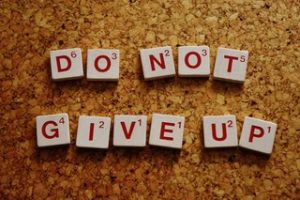What is the definition of sexual harassment?
Many women do not recognize an unwelcome behavior as sexual harassment, and think it won’t happen again, yet if no one says anything the violence escalates. There is the pressure to belong, to be part of the group. The ‘its just a joke’ lacks in accountability and is an excuse for further harassment . For me the workplace sexual harassment had become normalized. According to the definition of “harassment (typically of a woman) in a workplace, other professional or social situation, involving the making of unwanted sexual advances or obscene remarks. ” For years I did not recognize the harassment as violence.
http://www.ohrc.on.ca/en/policy-preventing-sexual-and-gender-based-harassment/2-identifying-sexual-harassment

Common complaints of sexual harassment behaviors?
Here are a few listed; “rough and vulgar humour or language related to gender, gender related comment about a person’s physical characteristics or mannerisms, leering or inappropriate staring, invading personal space and sexual jokes, bragging about sexual prowess, questions or discussion about sexual activities, comments or conduct to person’s perceived non-conformity with a sex-role stereotype.
Imagine being called ‘Raison tits’ at work in front of your co-workers and jokes about your body? Imagine your supervisor making sexual advances? It is humiliating.
What protection do victims have against sexual harassment?
Help is out there yet many victims suffer in silence for fear of retribution. If you think you are being sexually harassed, document the incidents, seek out positive supports, make sure you are safe, if you feel confident in the leadership speak up to management, check out workplace policies on respectful workplace, Canadian Human Rights Commission, Labour laws, HR department, Union Representatives to name a few.
Canada Labour Code, Policies and HR management,
What happens when policies on sexual harassment FAIL?
It is a frustrating situation for victims. That feeling of no protection from the perpetrators. When leadership fails we cannot change the workplace but at least find a healthy way to cope with formal and informal legal processes/ grievances. For example in my situation where the name calling continued for months. I tried to ignore it, and eventually decided to confront the perpetrators and although they laughed at my destress it was part of speaking up. At home it was important to have hobbies and create happiness outside of the workplace that gave the inner strength to go back to work. As events escalated an informal complaint became a formal complaint and soon thereafter one to the Canadian Human Rights Commission which provided an investigation into the sexual harassment complaint.

You are not alone.
